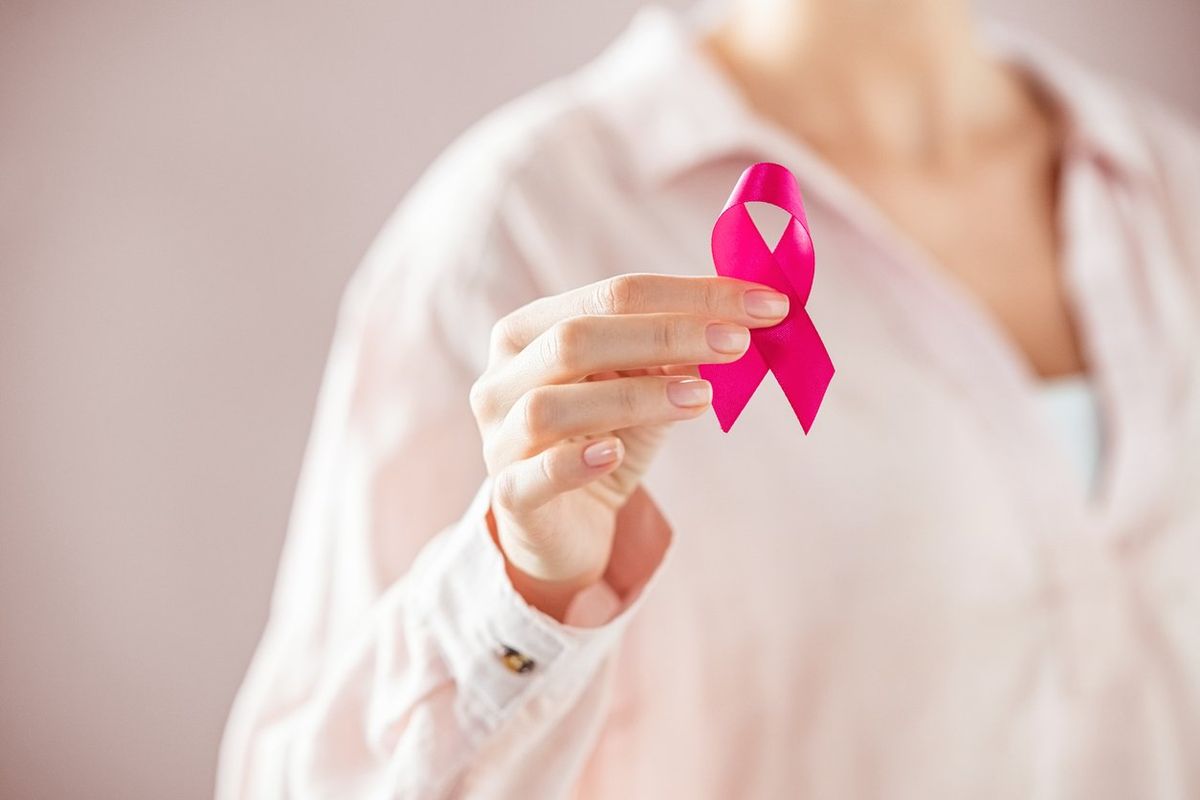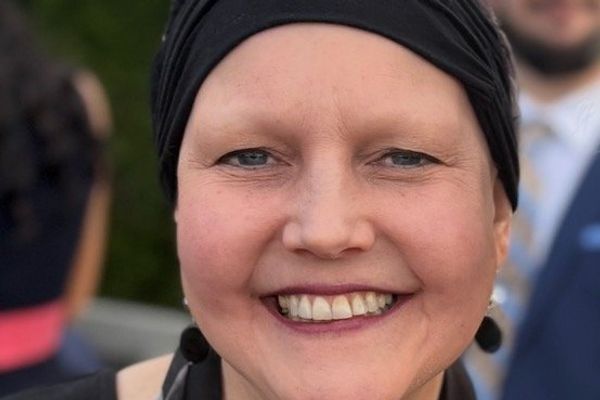Lillie D. Shockney served as administrative director of breast center from 1997 to November 2018 and director of cancer survivorship programs from 2011 to November 2018, at which time she retired from her hospital leadership roles. She continues to serve on the faculty in the Johns Hopkins University School of Medicine and also as the co-developer of Work Stride - Managing Cancer at Work, an employee benefit developed for Hopkins employees that now is being utilized by businesses and corporations nationally.
Her name is well known in the cancer field, especially in navigation, survivorship, patient-centered care, preservation of quality of life, end-of-life planning and care, improving the cancer patient's experience, breast cancer, and clinical outcomes. She clinically specializes in breast cancer care. Her public speaking, literary work, and notable roles she has held over the last 40+ years are well known to many.
- University Distinguished Service Professor of Breast Cancer (2016-present)
- Former Administrative Director, Johns Hopkins Breast Center (1997-2018)
- Former Director, Johns Hopkins Cancer Survivorship Programs (2011-2018)
- Professor of Surgery, Johns Hopkins University School of Medicine (2016-present)
- Co-Developer and medical advisory of Work Stride: Johns Hopkins Managing Cancer at Work Program (2012-present)
- Co-founder, the Academy of Oncology Nurse & Patient Navigators (AONN+) (2009- present)
- Co-founder, the Association of Chronic & Complex care Nurse Navigators (ACCCNN) 2021-present
- Former Program Director of AONN+ (2009-2019)
- Editor-in-chief of the Journal of Oncology Navigation and Survivorship (2012-2023)
- Author of 30 books and > 350 articles on various cancer topics and 20 book chapters
- National and international public speaker (1997- present)
A two-time breast cancer survivor, originally diagnosed in her 30s, Lillie has worked tirelessly to improve the care of breast cancer patients around the world. She has worked at Johns Hopkins since 1983. Lillie takes great pride in the Academy of Oncology Nurse & Patient Navigators (AONN+) which has more than 9,000 members. She has served as a consultant for breast cancer for national ABC News and Good Morning America, and has been also consulted regularly by the Today Show and CNN. Lillie serves on 28 medical advisory boards currently.
In 2008, The President of The Johns Hopkins University and their Board of Trustees appointed her to a Distinguished Service Faculty Chair. This is the first and only time in the history of the institution that a hospital nurse has been appointed to a distinguished service designation. She continued to climb the academic ladder and in 2016 was promoted to full professor and is the only nurse at Johns Hopkins to have a primary faculty appointment in the School of Medicine and the only nurse in the country to have reached the highest academic faculty ranking and be appointed to a faculty chair as a University Distinguished Service Professor of Breast Cancer at Johns Hopkins University School of Medicine
In 2009 she co-founded the Academy of Oncology Nurse & Patient Navigators, a national professional organization for those working in the navigation space with oncology patients.
In 2012, she and a colleague created an employee benefit called Work Stride- Managing Cancer at Work. Though originally developed for Johns Hopkins employees, its success resulted in it being offered nationally to other businesses and corporations across the country. She continues her work as a medical advisor within Johns Hopkins Healthcare Solutions to enhance the program and continue to support its growth.
In 2021/2022, she co-founded the Association of Chronic & Complex Care Nurse Navigators, a national professional organization for those working in the navigation space with chronic illness and complex care patients.
She has authored 30 books and more than 350 articles on breast cancer, oncology navigation, survivorship, patient advocacy, communicating bad news, end of life, and most recently, chronic illness and complex care.
She has received 62 awards—55 national, 6 state, and 1 international award including being inducted into the Maryland Women Hall of Fame, Women in Business Healthcare Trailblazer Award, Johnson & Johnson's Most Amazing Nurse in America award, National Komen for the Cure's Professor of Survivorship award, and several national life time achievement awards. Her research area of focus is preservation of quality of life for patients with metastatic breast cancer.
A documentary was made about three key components of her life's work over a 5 year period and completed in 2022. It launched to audiences nationally and internationally in 2023 and is calle






